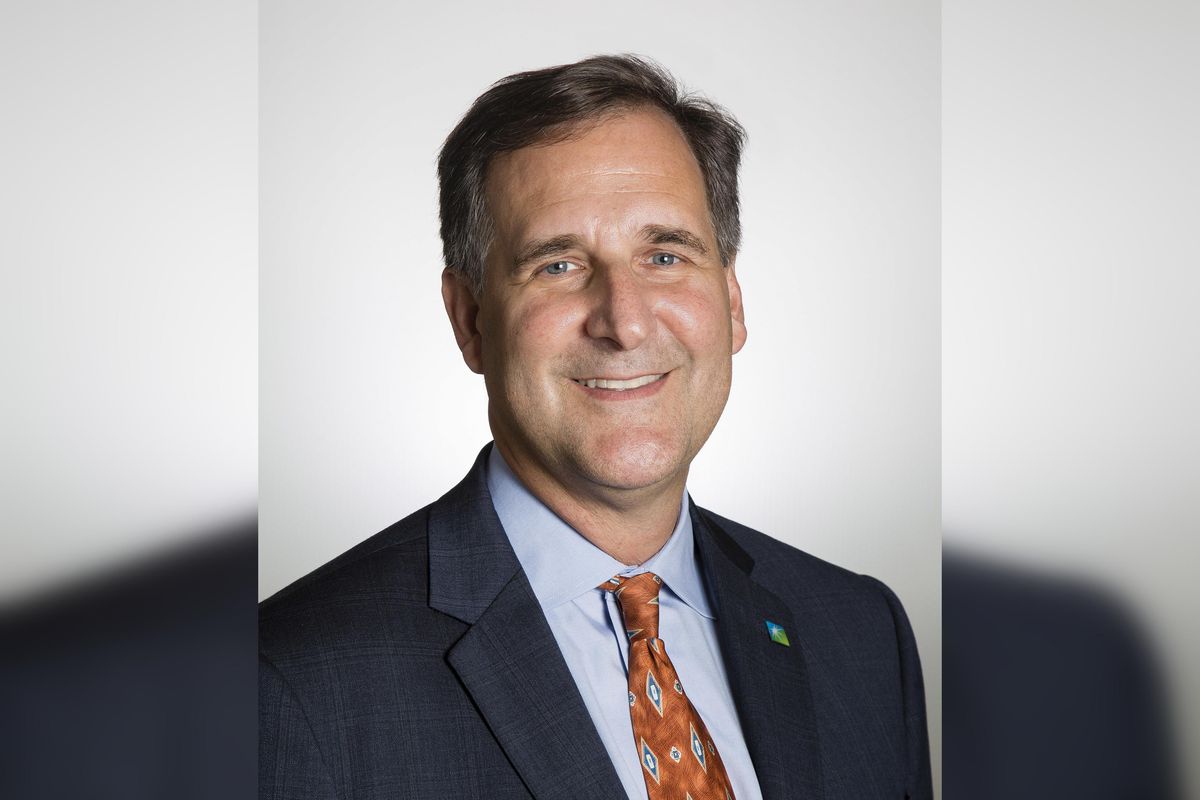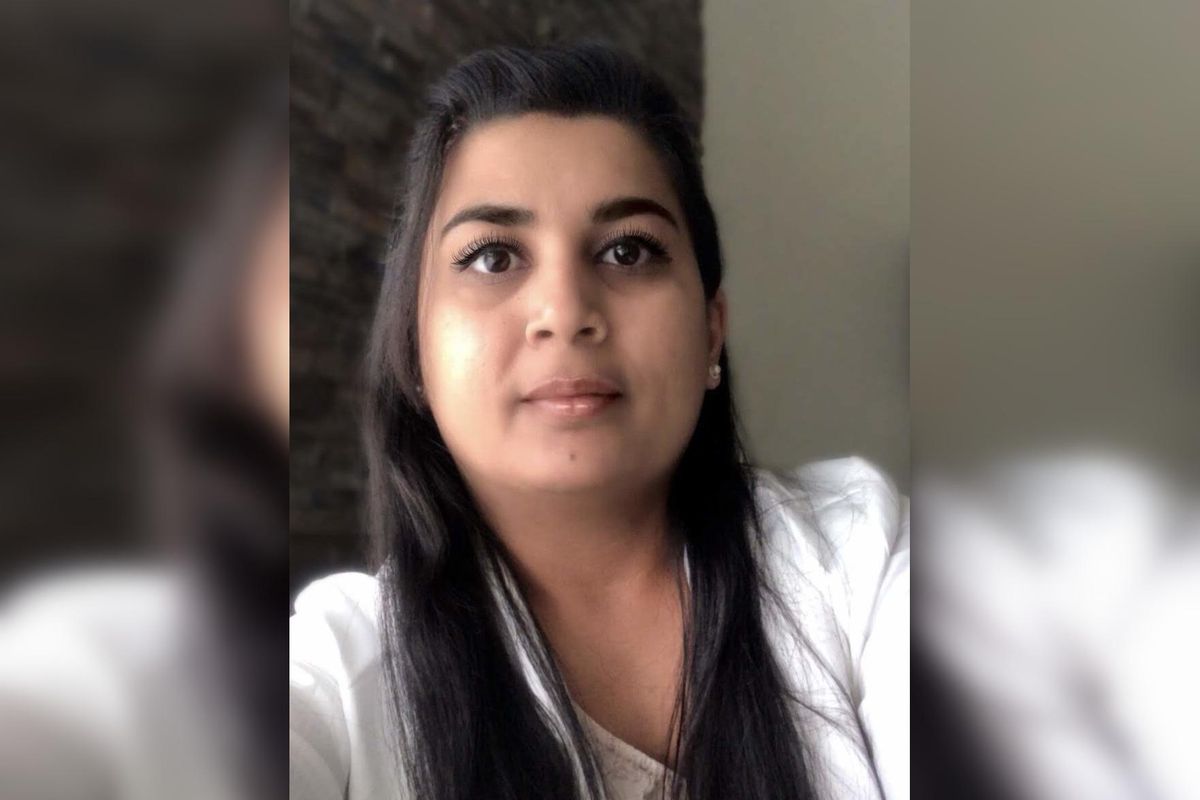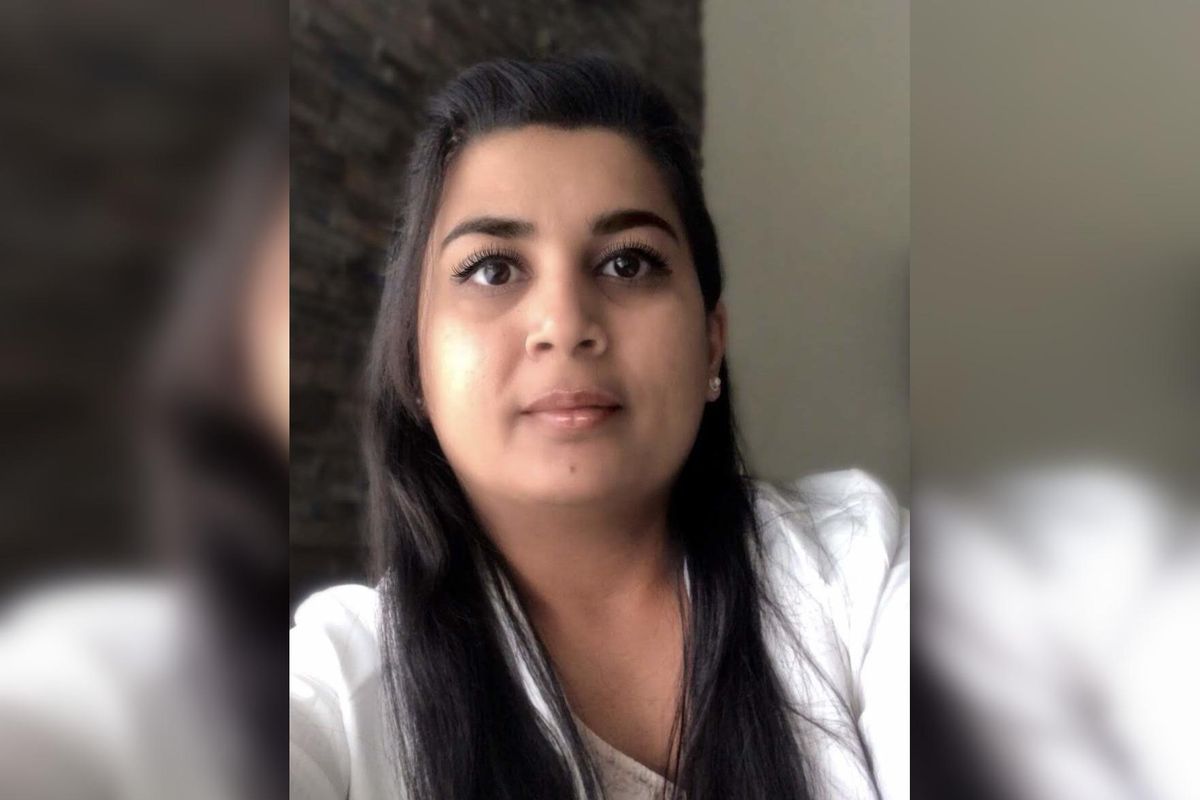Editor's note: In this week's roundup of Houston innovators to know, I'm introducing you to three local innovators across industries — from corporate venture capital to digital health — recently making headlines in Houston innovation.
Jim Sledzik, North American managing director of Saudi Aramco Energy Ventures

Jim Sledzik joins the Houston Innovators Podcast to discuss corporate venture, Houston's role in the energy transition, and more. Photo courtesy of Aramco
When it comes to venture capital, the corporate model can be considered a little less risky, Jim Sledzik, North American managing director of Saudi Aramco Energy Ventures, says on last week's episode of the Houston Innovators Podcast. Over the past decade, Saudi Aramco Energy Ventures has invested $320 million into 33 portfolio companies in the United States. Sledzik, who's worked in various energy services roles around the world before entering in to investment, explains that the corporate venture model is ideal for scaling big technology — and fast.
“When you’re using the venture model in a corporate setting, you have the company and the balance sheet behind you, which brings different benefits to companies you’re investing in,” he says. “These entrepreneurs who are looking to figure out how to deploy technology at scale becomes the real interesting item. All entrepreneurs want to grow — and they want to grow fast."
Scaling fast is risky, but big corporates — like Aramco — can help address the risks by providing a foothold in the market, a place to roll out the technology, and more. Click here to stream the episode and read more.
Arti Bhosale, co-founder and CEO of Sieve Health

Sieve Health is an AI cloud-based SaaS platform designed to automate and accelerate matching patients with clinical trials. Photo
Throughout her career, Arti Bhosale has seen the inefficiency and the ineffectiveness of selecting patients for clinical trials.
“Across the globe, more than 30 percent of clinical trials shut down as a result of not enrolling enough patients,” says Bhosale. “The remaining 80 percent never end up reaching their target enrollment and are shut down by the FDA.”
So, in 2020, Bhosale and her team developed Sieve Health, an AI cloud-based SaaS platform designed to automate and accelerate matching patients with clinical trials and increase access to clinical trials. Click here to read more.
Paul Cherukuri, the inaugural vice president for innovation at Rice University

Meet Paul Cherukuri — the new face of innovation at Rice University. Photo via Rice.edu
Rice University has stood up a new office of innovation — and named its new leader. Paul Cherukuri, the executive director of the Institute of Biosciences and Bioengineering, the inaugural vice president for innovation. In his role, Cherukuri will "lead Rice’s technology and commercialization infrastructure to translate breakthrough discoveries into inventions for the benefit of society," per a news release from Rice.
“I am thrilled and honored to serve in this new role at this inflection point in our university’s history,” Cherukuri says in the release. “Rice has some of the finest minds in the world and I look forward to working with President DesRoches and the leadership team he has assembled to chart a bold new path for world-changing innovation from Rice by engaging the remarkable innovation ecosystem including the Ion District, the Texas Medical Center, industry and other unique assets in Houston.” Click here to read more.

 Arti Bhosale is the co-founder and CEO of Sieve Health. Photo courtesy of Sieve
Arti Bhosale is the co-founder and CEO of Sieve Health. Photo courtesy of Sieve